The “highly motivated” 18-year-old hacker who leaked GTA VI footage will stay in a secure hospital unless he is deemed no longer a threat.


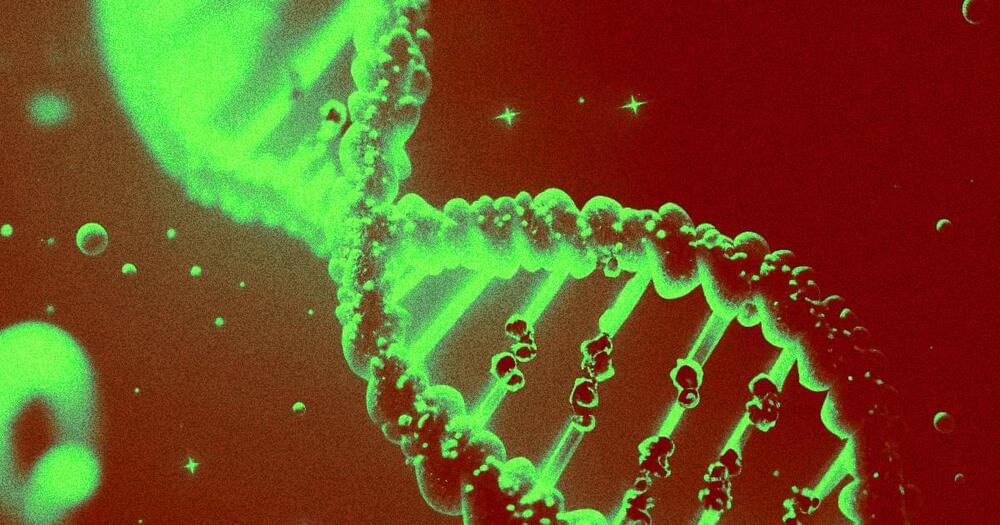
The holiday season means presents galore — but in the case of at-home DNA tests, some gifts may be better left unopened.
As experts told USA Today, the prevalence of self-serve DNA testing has made it much more likely that people discover painful family secrets — for instance, that one or both of your parents are not your genetic relatives — upon getting their results.
For years now, we’ve come across reports about people learning of their parents’ affairs via DNA testing kits from companies like Ancestry or 23andme.
Booyah, fellow interneters. In this episode Tesla Optimus gets an upgrade to generation 2. Droids get used to voice commands, robot dogs go sprinting, and of course where would we be without the neuromorphic cyborg supercomputer with human brain cells. This and more right here, right now! I’m Nick, let’s kick it!\
\
It is with the warmest feeling in our hearts that we thank you for staying with us. Your support and loyalty light up our path like Christmas lights. We also wish you ringing laughter, sincere gettogethers, warm embraces, unexpected surprises and bright, unforgettable moments. And to kick off these moments we are announcing a contest which will be held on December 26\
🎄✨ https://youtube.com/live/8rRhlyyfrSI?…\
\
0:00 beginning\
0:32 Merry Christmas\
1:24 Tesla news: new robot and Cybertruck\
4:09 The Digit robot understands humans\
5:07 The H1 humanoid robot is already on sale\
6:11 Robots work, not humans\
6:38 Four-legged robot mule\
7:39 The fastest four-legged robot\
8:34 The world’s first neuromorphic supercomputer\
9:51 Сyborg computer with a living organoid brain\
11:20 3D printing organs inside the body\
12:25 Robots conduct experiments and create medicines \
13:11 OpenAI creates a defense against superintelligent AI\
14:35 ESA’s mission to Mars\
\
🚀 Dive into the latest Tesla breakthroughs as we explore the new Optimus robot’s unique features and the eagerly awaited Cybertruck updates. Discover what sets Optimus apart from its counterparts, and join us as we analyze Morgan Stanley’s market predictions. Is it all just media hype, or is Tesla truly reshaping the future of technology? Let’s find out!\
\
Optimus Unleashed: Get the lowdown on how Tesla’s robot is becoming more human-like with improved agility, sensitivity, and design, mimicking the sleek style of a Model S.\
Cybertruck’s Debut: From its industrial aesthetics to Elon Musk’s quirky sense of humor, learn how the Cybertruck is more than just a vehicle—it’s a statement!\
Market Movements: Delve into Morgan Stanley’s explosive predictions for Tesla’s stock and discuss how AI and robotics could revolutionize the global labor market.\
Digit Speaks: Discover how the humanoid robot from Agility Robotics understands natural language, and ponder over the future of human-robot interaction.\
Unitree’s H1 Bot: A deep dive into the capabilities of this humanoid robot, set to revolutionize various industries with its advanced features and modularity.\
ANYmal in Action: Explore how this autonomous robot is taking over industrial inspections and what it means for the future of human labor.\
Barry the Robot Mule: Uncover the versatility of this pack robot and how it’s set to assist in construction, rescue missions, and more.\
Speedy HOUND: Meet the fastest four-legged robot that’s breaking records and setting new standards in robotics.\
DeepSouth — The Supercomputer: Learn about the world’s first neuromorphic supercomputer and its potential to unlock new horizons in AI.\
Ethical Tech Frontiers: From organ printing to cyborg computers, join us as we discuss the latest advancements and the ethical dilemmas they bring.\
Automating Science: Find out how XtalPi and ABB Robotics are transforming biochemistry labs with GoFa cobots.\
OpenAI’s Vigilance: Understand OpenAI’s strategy in defending against superintelligent AI threats and what it means for the future of technology.\
ESA’s Mars Mission: Gear up for the European Space Agency’s ambitious mission to Mars with the Rosalind Franklin rover and its quest to uncover signs of life.\
\
In this video, we’ll be discussing the evolution of ChatGPT to GPT5 | A new era of AI or the end of humanity? | Tech News | Pro Robots.\
\
chatGPT has long been a popular chatbot platform for businesses and organizations. Recently, the company has released a new platform called GPT5 which is claimed to be more advanced and robust than previous versions of the chatbot platform. In this video, we’ll be discussing the pros and cons of GPT5 and how it may change the future of AI. So whether you’re a robot lover or fearing for the future of humanity, be sure to check out this video and let us know what you think!\
\
#prorobots #ai #artificialintelligence #technology2021 #technologyfuture #Tesla, #OptimusRobot, #Cybertruck, #AI, #Robotics, #TechnologyUpdates
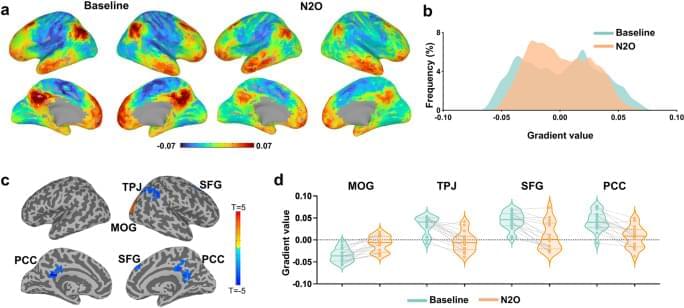
Cortical gradient mapping stands as an innovative analytical tool for exploring the brain’s functional-spatial organization along a continuous spectrum28,29,30, distinguishing it from conventional techniques reliant on discrete boundaries, e.g., functional parcellation in neuroimaging. As an intuitive metaphor, consider defining a geographic region by its boundary coordinates, which is akin to functional parcellation, versus describing it by elevation slopes or changes in vegetation types across various topographical axes, which is similar to gradient mapping. These cortical gradients span a wide spectrum of functions and networks, ranging from perception and action to higher-order cognitive processes28. Notably, Gradient-1, known as the unimodal to transmodal gradient, enables the integration of sensory signals with non-sensory data, transforming them into abstract content. Gradient-2, the visual to somatomotor gradient, represents the specialization of different sensory modalities. Lastly, Gradient-3 spans functional distinctions ranging from regions typically deactivated during task performance (i.e., task-negative) to those activated in frontoparietal and attention networks (i.e., task-positive)31,32. Despite promising foundations, the potential of gradients as a framework for analyzing and conceptualizing non-ordinary states of consciousness induced by psychedelics remains ripe for exploration.
In addition to the brain’s functional geometry, dynamic processes continuously mold and reconfigure functional arrangements, leading to the evolution of brain activity patterns over time33,34. Recent empirical investigations have highlighted the intricate interplay between the spatial and temporal characteristics of brain activity, emphasizing that a comprehensive understanding necessitates the consideration of both aspects. Notably, transient fMRI co-activations33,35,36 spanning the entire cortex have been observed to propagate like waves, following the spatially defined cortical gradients37,38,39. Consequently, temporal dynamics are likely to be influenced by the underlying functional geometry. Exploring the co-variation between these spatial and temporal factors holds the potential to offer deeper insights into the neural underpinnings of psychedelic effects.
The objective of this study was to apply advanced cortical gradient mapping and co-activation pattern analysis to dissect the brain’s spatiotemporal reconfiguration during the psychedelic experience induced by nitrous oxide. Building upon previous research findings16,25, we tested the hypothesis that nitrous oxide could diminish functional differentiation within the human cortex, as evidenced by a contraction in functional geometry and a disruption in temporal dynamics. We reanalyzed a neuroimaging dataset of healthy human volunteers, who were assessed by fMRI before and during exposure to psychedelic concentrations of nitrous oxide (35%, in oxygen) and who completed a validated altered states of consciousness questionnaire40 before and after drug exposure. We quantified the changes of neural activity in cortical gradients and co-activations; we also performed correlation analyses to explore the relationship between subjective psychedelic experience and these brain measures. We demonstrate that nitrous oxide flattens the functional geometry of the cortex and disrupts related temporal dynamics, particularly within the frontoparietal and somatomotor networks, in association with the psychedelic experience.
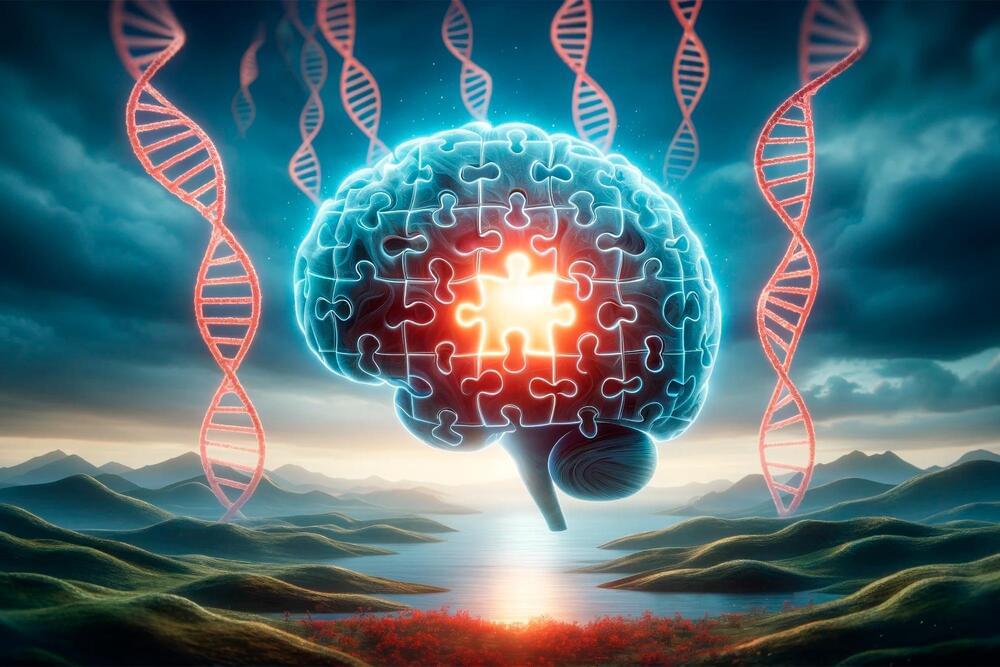
Breaking link between early, late stages of disease may prevent dementia.
Alzheimer’s disease has plagued one large Colombian family for generations, striking down half of its members in the prime of life. But one member of that family evaded what had seemed would be fate: Despite inheriting the genetic defect that caused her relatives to develop dementia in their 40s, she stayed cognitively healthy into her 70s.
Study Reveals Protective Gene Mutation
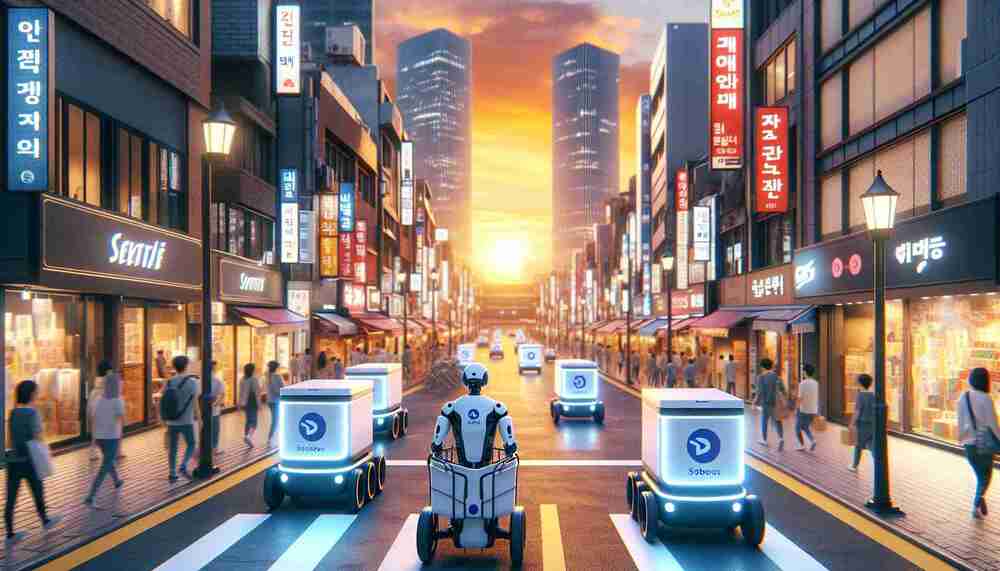
Intrigued pedestrians might soon double-take at the sight of robotic couriers whisking packages along Seoul’s sidewalks. The city, long revered for its kinetic energy, vibrant culture, and tech-savvy populace, now heralds a new era where AI companions seamlessly blend into the urban tapestry, all thanks to a trailblazing piece of legislation.
Discussions around Seoul’s pioneering law for robotic couriers often pivot between excitement and apprehension. Will these tireless machines soon buzz through our streets, carrying everything from our latest online splurge to critical medicine, or does their arrival signal a deeper, perhaps more ominous shift in society? Let’s journey into this brave new world where Seoul dares to dream with its eyes wide open.

For most adults, the majority of waking daily life is spent at work. That offers employers an opportunity to influence their employees’ physical, mental, social, and spiritual health.
To support the move to better health, the McKinsey Health Institute (MHI), along with other organizations such as the World Health Organization (WHO), are highlighting a more modern way to view health beyond illness and its absence.1 Adding years to life and life to years, McKinsey, March 29, 2022; A 2022 MHI survey on global health perspectives found that more than 40 percent of respondents who reported having a disease still perceived their health as good or very good, while more than 20 percent of those who reported no disease said they were in fair, poor, or very poor health. Embracing the concept of holistic health—an integrated view of an individual’s mental, physical, spiritual, and social functioning2 Previous work from MHI has defined each dimension of health in detail. For more details, see Adding years to life and life to years. Using this definition means that we emphasize “functioning.
The Genetic Revolution is a compelling science documentary that invites viewers into the groundbreaking world of DNA manipulation and genetic engineering. This intriguing documentary showcases the innovative science behind genetic modifications and chronicles a diverse team of scientists from around the world as they utilize advanced DNA editing technologies like CRISPR in ways previously deemed unthinkable.\
With its exploration into the rapidly evolving science of DNA editing, \.
Chinese researchers have designed a new camouflage device that can make fighter jets appear like civilian planes on radars. Will this change the face of wars?\
\
#china #fighterjet #wion\
\
About Channel: \
\
WION The World is One News examines global issues with in-depth analysis. We provide much more than the news of the day. Our aim is to empower people to explore their world. With our Global headquarters in New Delhi, we bring you news on the hour, by the hour. We deliver information that is not biased. We are journalists who are neutral to the core and non-partisan when it comes to world politics. People are tired of biased reportage and we stand for a globalized united world. So for us, the World is truly One.\
\
Please keep discussions on this channel clean and respectful and refrain from using racist or sexist slurs and personal insults.\
\
Check out our website: http://www.wionews.com\
Join our WhatsApp Channel: https://bit.ly/455YOQ0\
Connect with us on our social media handles:\
Facebook: / wionews \
Twitter: / wionews \
\
Follow us on Google News for the latest updates\
\
Zee News:- https://bit.ly/2Ac5G60\
Zee Business:- https://bit.ly/36vI2xa\
DNA India:- https://bit.ly/2ZDuLRY\
WION: https://bit.ly/3gnDb5J\
Zee News Apps: https://bit.ly/ZeeNewsApps
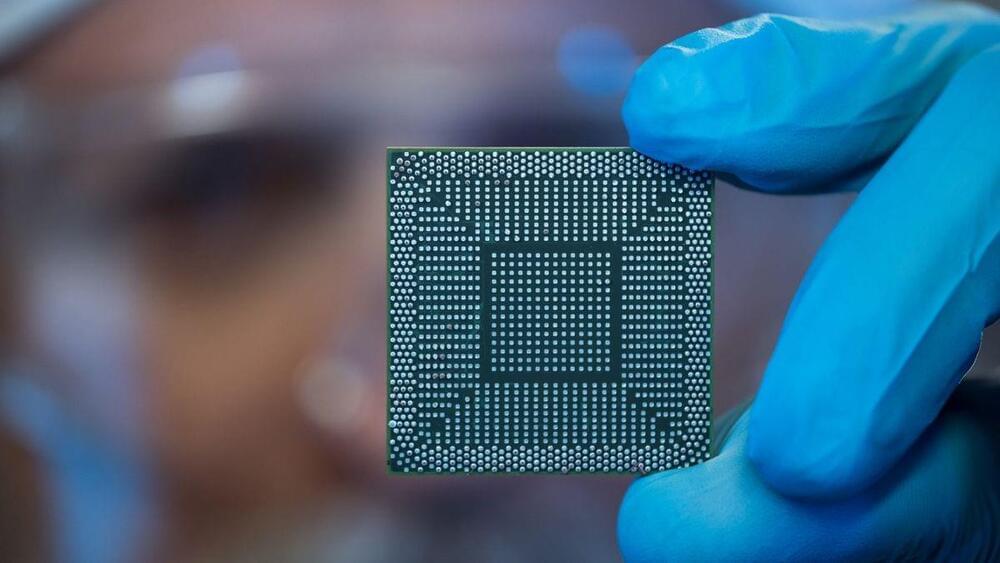
The researchers embedded this prototype in a biodegradable, chip-like implant that combined energy harvesting and energy storage. When the prototype was attached to a medical implant, power passed through the circuit directly to the device and into the capacitor to ensure a constant power supply.
In rats, the wireless implant worked for up to 10 days and dissolved completely within two months — proving its biodegradability. But it could potentially last longer if the team thickened the protective polymer and wax layers encasing the system, Lan said.
The researchers also tested the wireless charger as a drug-delivery system and delivered anti-inflammatory medicine to rats with a fever. After 12 hours, the rats that had no implants had much higher body temperatures than those with the chips, suggesting the device was successfully delivering the medicine.